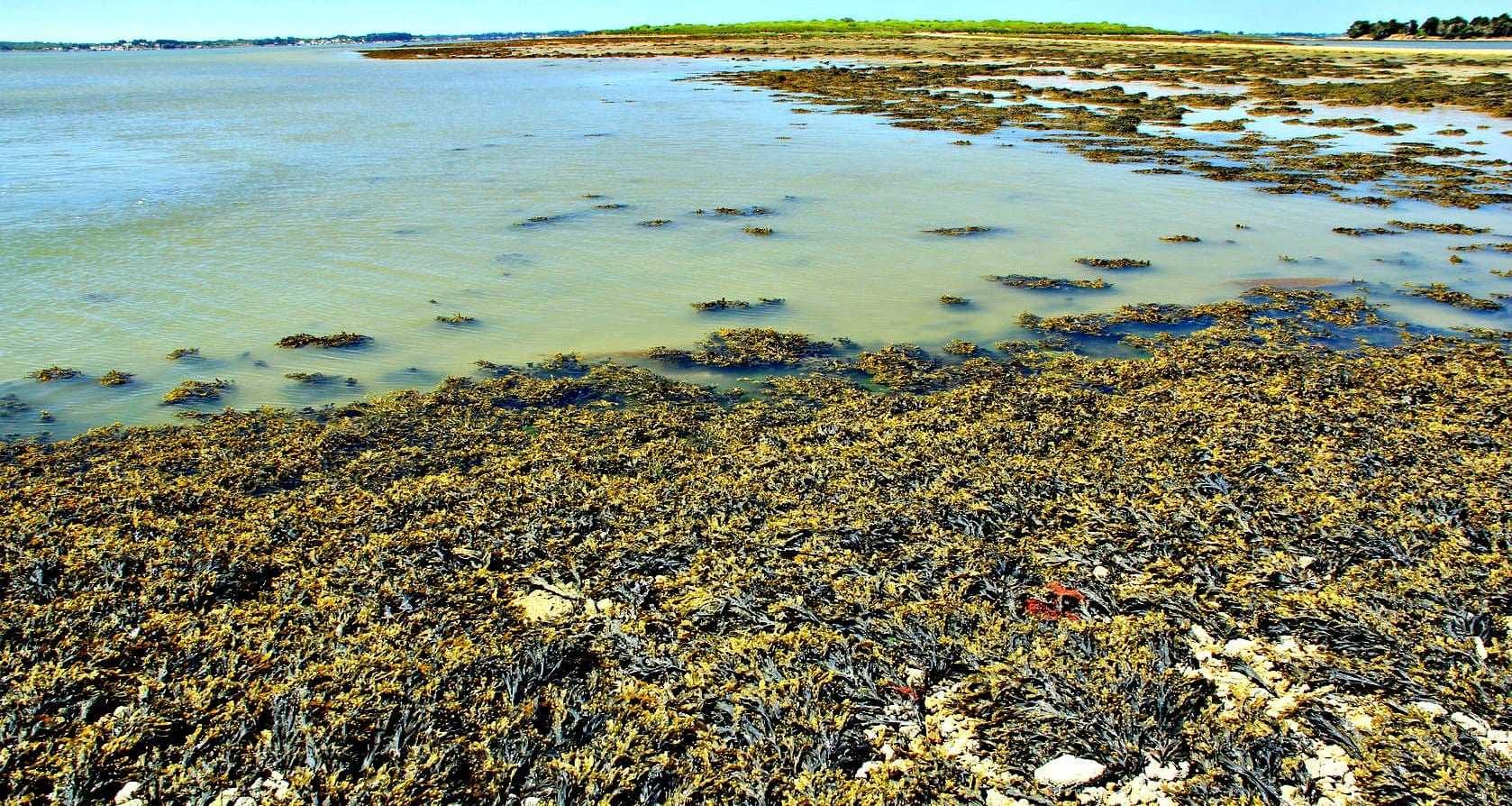Two Mediterranean Plants Might Help Fight Symptoms of Alzheimer's, Parkinson's
Prickly pear and brown seaweed improved the symptoms of Alzheimer's and Parkinson's in lab tests using brewer's yeast and fruit flies.
It is estimated that roughly 44 million people have Alzheimer’s worldwide. The global cost of Alzheimer’s and dementia amounts to $605 billion, which is equivalent to one percent of the world’s gross domestic product (GDP). Just in the U.S., Alzheimer’s remains the sixth-leading cause of death, with those afflicted with it progressively losing their sense of self as all their basic cognitive abilities decline until they may not even be able to perform routine tasks.
On the other hand, Parkinson’s disease, though not as fatal as Alzheimer’s, causes tremors, rigidity, bradykinesia and postural instability to 6.3 million around the globe. People may need a wheelchair or become bedridden upon the progression of the disease.
Evolution has equipped plants with chemicals to ensure their survival. It therefore makes sense that humans look at nature for inspiration to attack disease.
Both Alzheimer’s and Parkinson’s diseases are classified as late-onset disorders that share a common characteristic: they are caused by the accumulation of gluey protein clumps that vitiate the nervous system over the course of time, striking a blow to mobility or memory mechanisms.
Cures for the two diseases have proved elusive, prompting researchers to think out of the box. Now, two groups from Malta and France have found that Mediterranean flora might be an ally in the fight against neurogenerative diseases.
Scientists from the University of Malta and the Centre National de la Recherche Scientifique (CNRS/University of Bordeaux) who have long been screening plants indigenous to the Mediterranean basin in search of small molecules that interfere with the build-up of toxic protein aggregates, have just discovered that two Mediterranean plants, namely the prickly pear and brown seaweed, can improve the symptoms of Alzheimer’s and Parkinson’s.
“Most neurodegenerative diseases are characterized by the accumulation of sticky protein clumps that are toxic to the brain,” Ruben J. Cauchi, senior lecturer at the Department of Physiology and Biochemistry at the University of Malta, and lead author of the study that was published in the January issue of the journal Neuroscience Letters.
“We found that both prickly pear and brown seaweed have chemicals that render the protein clumps less toxic, thereby ameliorating disease symptoms,” Cauchi told Olive Oil Times.
The research team first ran tests to determine the effect of the plant extracts on brewer’s yeast fraught with beta-amyloid protein clumps, which are typical of Alzheimer’s disease. After receiving the plant chemicals, the yeast’s health picked up, and the scientists thought the next logical step would be to evaluate the chemicals on fruit flies genetically modified to develop Alzheimer’s symptoms.
When fruit flies were treated only with seaweed extract, they exceeded their median lifespan by two days. When prickly pear extract was given to them, their lives were extended by four days more. Taking into account that one day in the life of a fruit fly is tantamount to one year in humans, the results were significant, with even the mobility of fruit flies ameliorated by about 18 percent after treatment.
Apart from beta-amyloid protein clumps, the team found that prickly pear and brown seaweed extracts interfered with the aggregation of alpha-synuclein protein, a sticky protein indicative of Parkinson’s: the plant-derived substances prolonged the lifespan of flies with brains laden with alpha-synuclein by producing clumps less toxic to neurons, like what they did in the case of beta-amyloid clumps.

Brown Seaweed
“We still don’t know the exact nature of these chemicals but we hope to find out soon,” said Cauchi. “What we know is that the chemicals we studied are presently incorporated in nutritional supplements taken by sportsmen to reduce stress as well as cosmetics, including anti-aging creams. Our results extend the beneficial properties of chemicals derived from both prickly pear and brown seaweed.”
The next step is to see if the results are confirmed in clinical trials.
“Evolution has equipped plants with chemicals to ensure their survival. It therefore makes sense that humans look at nature for inspiration to attack disease,” the researcher said. An inspiration the Mediterranean can instill not only into poets and vacationers but increasingly in science pioneers as well.









